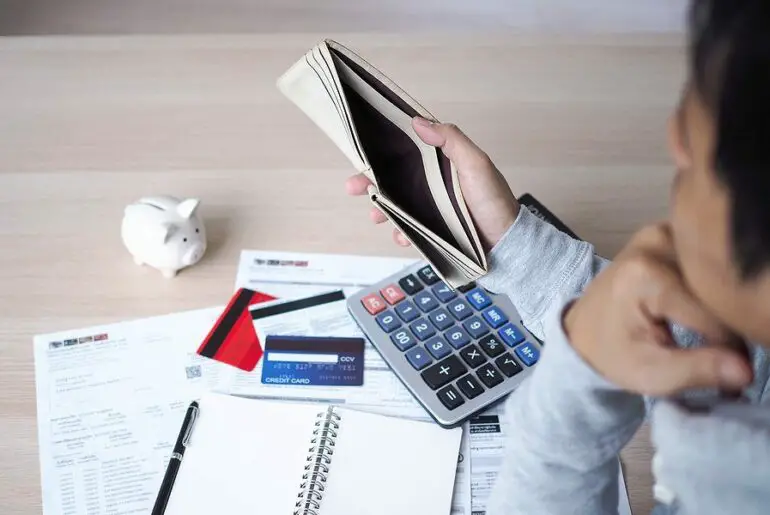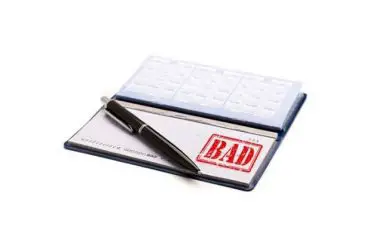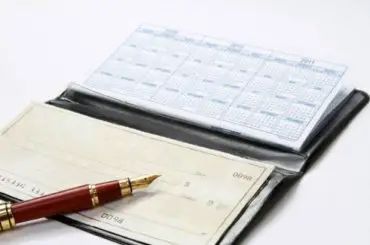Information presented on this web page is intended for informational and educational purposes only and is not meant to be taken as legal, financial, investment or tax advice. We do not accept any responsibility for any trading or investment related losses. Please review our disclaimer on before taking action based upon anything you read or see.
How long does it take to unfreeze a bank account? Many bank customers usually ask this question today. Thus, we have written this article to aid you immensely. When a client’s bank balance has been frozen or placed on hold by the bank, you can unfreeze it. When a client’s bank account is frozen, they cannot view its balance or make any payments.
Furthermore, receiving news that your bank account is under a freeze can be problematic and upsetting, to mention humiliating. It’s much worse when you discover it when attempting to use your debit card at the supermarket or trying to acquire cash for a night out with pals.
Factors for Freezing Bank Accounts
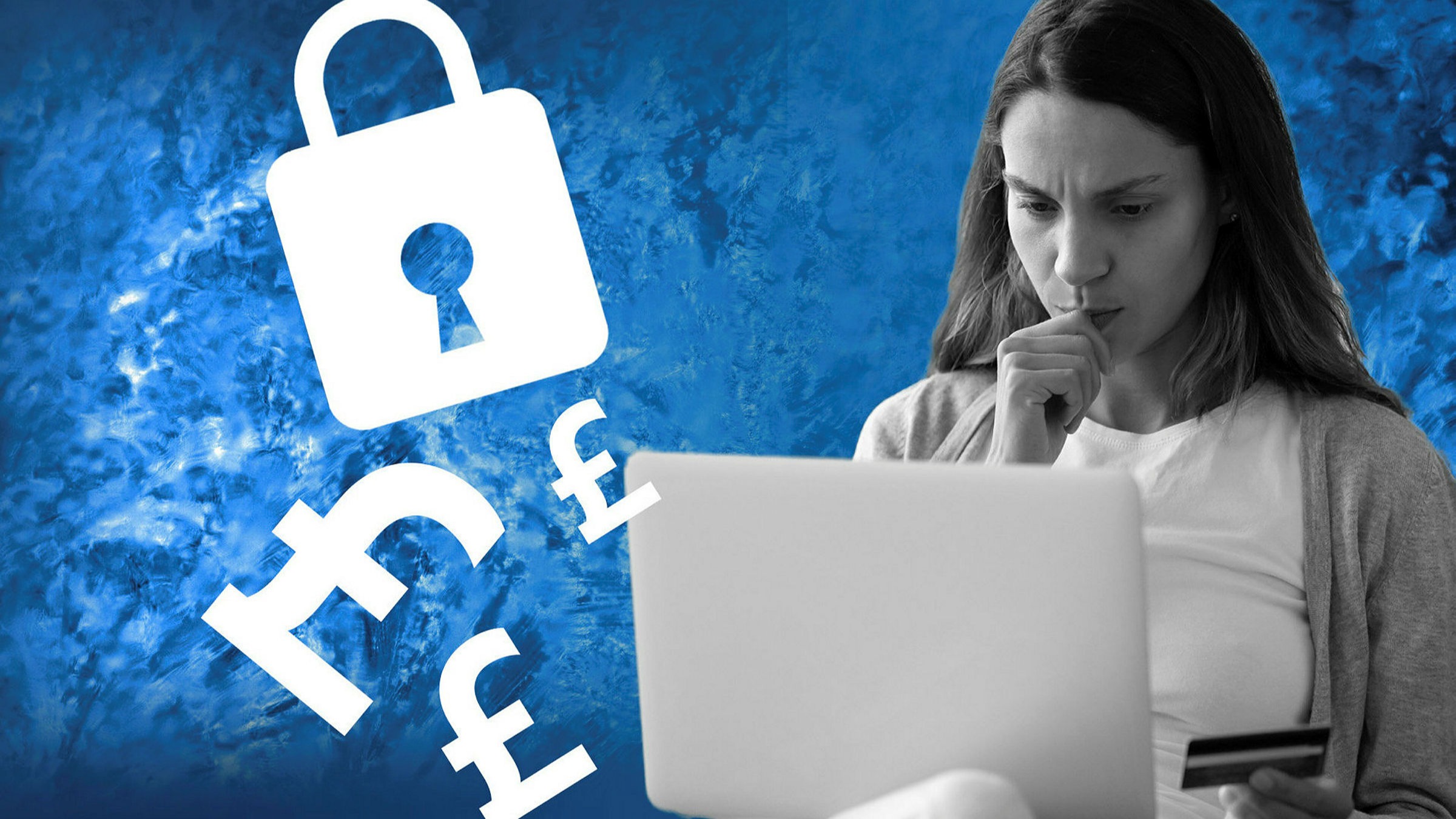
The majority of people handle their money via one or more bank accounts. Savings accounts enable you to collect interest while working toward a savings goal while checking accounts allow you to write checks or make transactions using a debit card. However, given the right conditions, all sorts of bank accounts might be frozen, which can be confusing or inconvenient. These are some of the reasons:
Suspicious or illegal behavior
If banks think account holders are engaging in illicit activity, they can freeze the accounts. Following the 9/11 incident, banking laws grew more stringent to clamp down on criminal businesses that conduct their business via financial institutions. Banks constantly monitor accounts for unusual behavior such as money laundering.
In this case, vast quantities of money obtained from illicit activities are put in bank accounts and transferred around to seem as though they came from a credible source. Banks often suspend accounts due to suspicions of terrorism funding.
If you write and cash bad checks, your bank may put a hold on your account. Even if you don’t have enough money in your account, you may think it’s alright to attempt to cash a check you’ve written. After all, the check can take a few days to clear. The bank, on the other hand, disagrees.
Writing checks on an account with insufficient funds and doing so frequently is called fraud. Even if the transactions are lawful, significant and unusual deposits might cause your account to be flagged. When you win large at the casino, you’ll almost certainly notify the bank when you attempt to deposit your winnings.
You may also have been a victim of identity theft if your bank flags unusual activity that you’re sure you weren’t responsible for. Some of the top credit monitoring tools also provide features such as identity fraud coverage and valuable tools for enhanced data security.
Creditors for unpaid debts
If you have any outstanding debts, your creditors might request that your bank freeze your account so that you can pay your bills. However, they must first obtain judicial clearance before proceeding. This is possible by getting a verdict against you.
This information is subsequently sent to the bank and stored on file. The lender may access your account(s) to settle the defaulted debts without filing a lawsuit or ruling if you have your loan accounts at the same firm as your bank account. You grant the bank complete access to your account when you sign for the loan.
To help with financial issues
Most bank account contracts include a clause that states that the bank holds the ability to block your account if it thinks there is a possibility of loss or burden.
This means that your account will be locked if your financial issues are costing the treasury department more money and time than it can take from you. There are a variety of financial problems that might cause the bank to shut your account. This includes the following:
Too many rejected checks or overdrafts: Your bank gets to determine on a case-by-case basis how many failed checks or overdrafts are “too many.”
There are far too many transactions from one account to another: As previously stated, there are legal restrictions on transfers between certain types of accounts. Even if you’re not over the legal limit, the bank has the authority to close your account if they believe you’re performing too many transactions. There are far too many check deposits that are returned unpaid. This might happen to everyone occasionally, but to keep your bank happy, you should be highly cautious about whom you take checks from.
A zero or a negative balance: You may be under a freeze if you owe money to the bank or if your account is in the negative range.
Making a minor purchase before making a big one
After stealing credit or debit cards, fraudsters often use them to test their newfound purchasing power by making a tiny first purchase. They go on to their genuine aim if that goes well, usually a high-end, pricey item. As a result, when cardholders purchase a pack of gum and quickly buy a high-end BBQ grill, banks are naturally skeptical. This is particularly true if you’re purchasing many big items.
How Long Does It Take to Unfreeze a Bank Account?
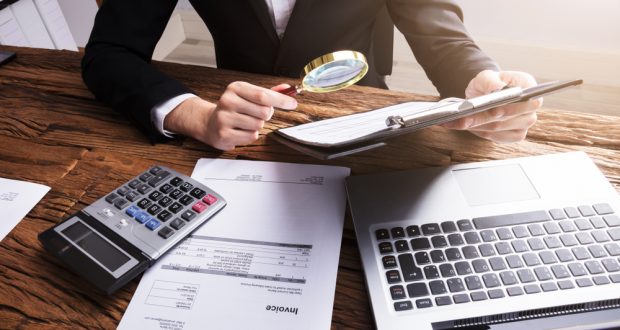
So, if you got up one day to find that your account has is under a freeze, be assured that it will only be for a few days for a minor issue. If your account is limited for serious reasons, you may not be able to access it for another 30 days or longer.
Your account will be temporarily closed if the investigation into the suspicious behavior is incomplete after 30 days or even two months. In a word, your account will only get a restoration if the inquiry finds you not guilty of any wrongdoing.
If you are guilty of financial fraud or sponsoring a terrorist organization, the authorities will put your account under a freeze. They may confiscate the funds too. And don’t forget that you might find yourself in prison to cool your heels. To prevent all of this, make sure you are not involved in any criminal activities.
It’s worth noting that no legislation specifies or restricts how long a freeze may stay. Banks don’t have specific systems in place to deal with such circumstances too. So, the length of time your money is kept or limited depends on your circumstances.
Another determining factor is the discretion of the people in charge of your bank. Remember that if your account is under suspension due to suspicious behavior, you can do nothing to reverse the situation. As a result, always be careful and avoid getting into problems.
What should you do?
Before your account is frozen, you should get a notification—either from the party seeking the freeze or from your bank. In most circumstances, both will send you a message. In any case, if your account is frozen, call your bank right away to find out what procedures need to be followed and to ensure there isn’t a mistake.
Remember that ignoring a frozen bank account may exacerbate the situation. This can result in a decline in your credit score and an accumulation of bank fines.
If your checking account is under a freeze due to valid activity, go to the bank with documentation. If you can establish that the freeze isn’t justified, the bank will likely lift the restriction and give you full access to your account again.
It is critical to get the creditor’s attorney’s information from your bank when your account is under a freeze. You’ll need to figure out what’s going on with your account and develop a payment plan.
Consider seeking legal advice. Consumer bankruptcy lawyers do not push you to file for bankruptcy. Instead, they educate you on the legal options available to creditors and your rights in these instances. There’s not much you can do to acquire your account if you owe money to the government. Keep in mind that even if you file for bankruptcy, your debts will remain.
Frequently Asked Questions
How long does it take to unfreeze a bank account?
When financial institutions suspect that a bank account is under compromise, they will freeze the account. The time it takes to unfreeze an account relies on whether the bank or the account holder triggered the freeze. When consumers request a freeze, the bank may lift it right away, albeit it usually doesn’t take effect until the next day. The bank’s policies also determine the time it takes for a bank-initiated freeze to be off.
Is it possible to deposit funds into a frozen bank account?
No. If the account is under a freeze and an overdraft, the bank will only take the funds.
Is it possible for a creditor to put a hold on my bank account without alerting me?
Yes. If a judge orders your bank or credit union to freeze your account, it must do it quickly and without telling you beforehand.
How will I recognize if my bank account is frozen?
If you have a frozen checking account, you wouldn’t be able to use your ATM and Credit/Debit cards as well. You’ll notice an error message on the screen each time, and you will get rejections on any transactions you make.
Conclusion
In conclusion, bank accounts come with various merits. And if you desire to know how long it takes to unfreeze a bank account, the tips highlighted above will aid you immensely.

